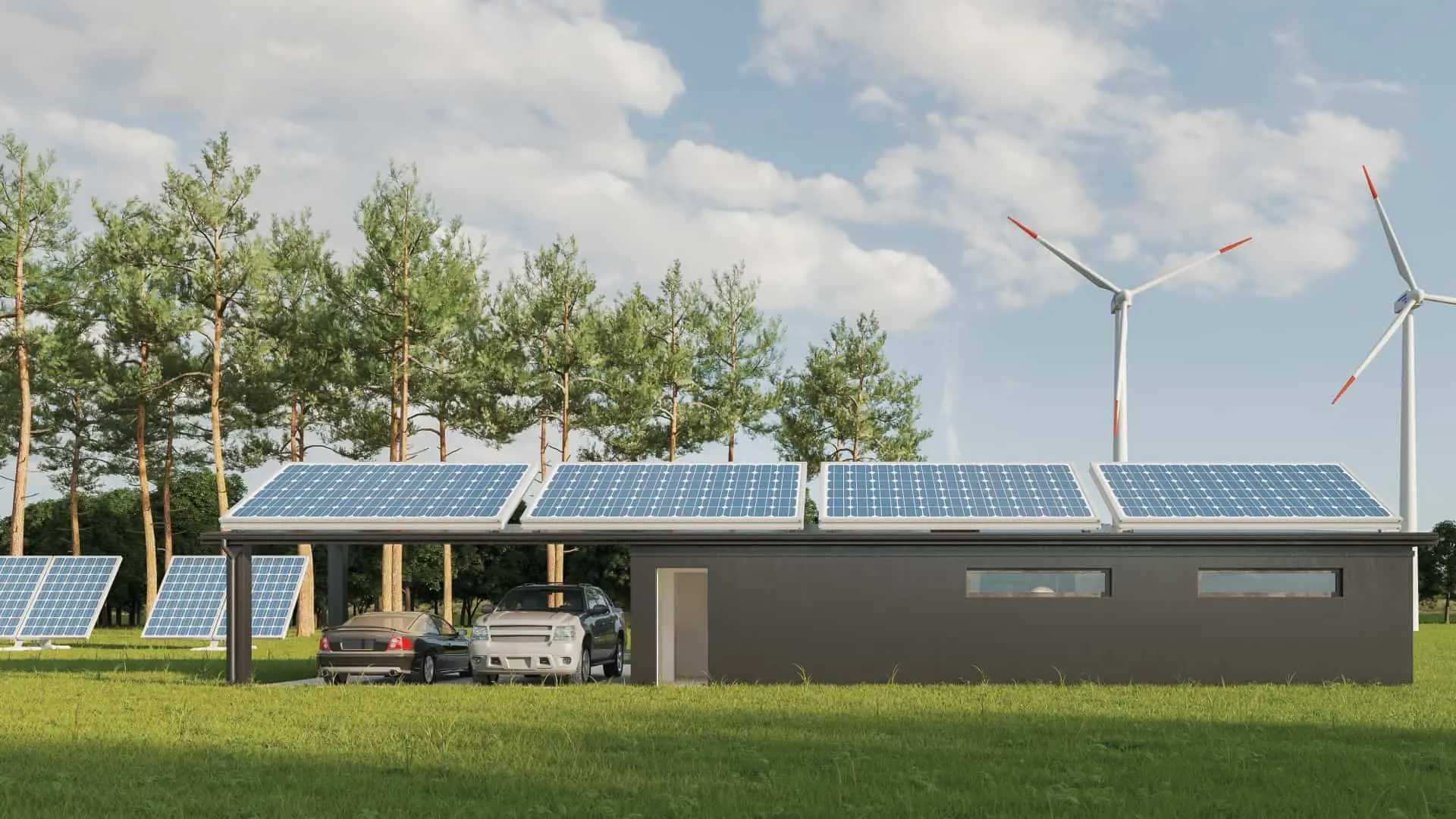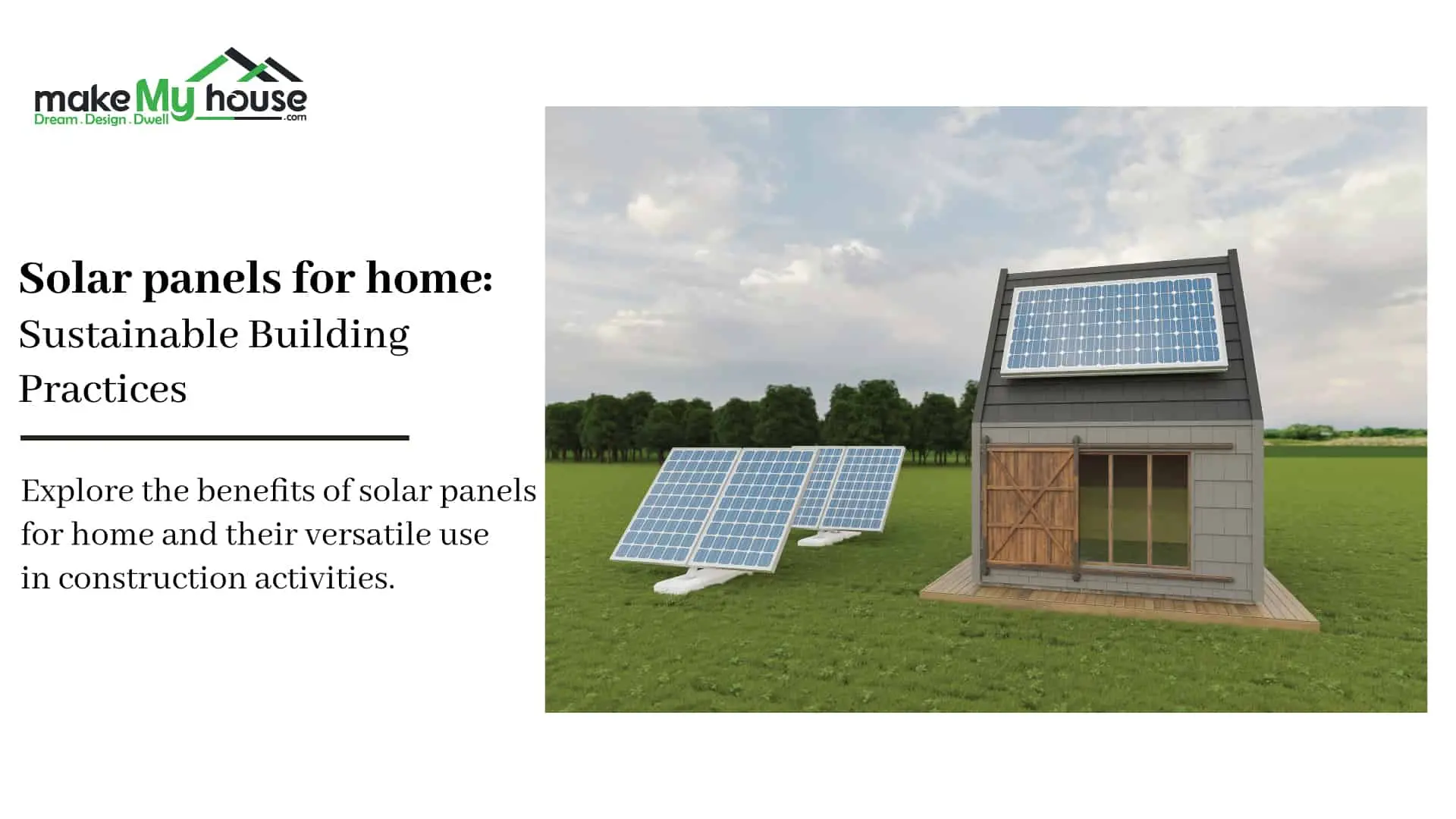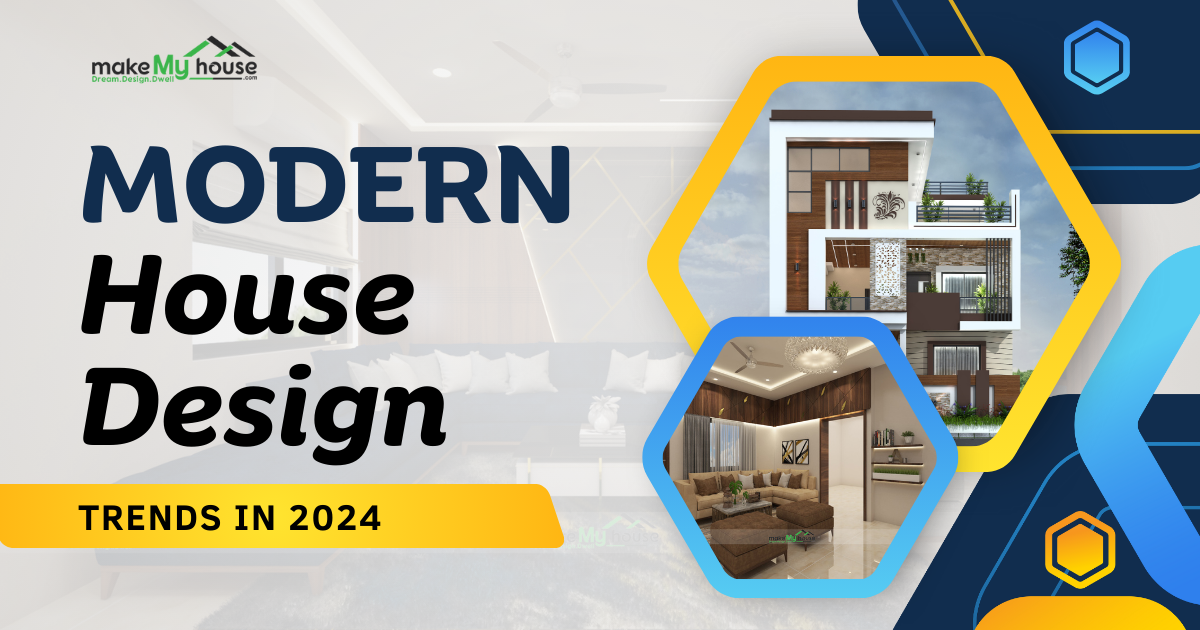In the drive for a greener future, the integration of renewable energy sources has become a pivotal focus in various industries, including construction. Solar panels, long revered for their potential to generate clean and sustainable energy, have found a significant role in transforming the landscape of construction activities. As homeowners seek energy-efficient solutions and a reduced carbon footprint, solar panels have emerged as a transformative technology, both for powering homes as well as commercial buildings and enhancing construction practices. In this informative blog, we explore the benefits of solar panels for home and their versatile use in construction activities.
Solar panels for home: Sustainable construction practices
1. Clean and Sustainable Energy at Home
Solar panels, also known as photovoltaic (PV) panels, harness the power of the sun to generate clean and renewable electricity. By installing solar panels on rooftops, homeowners can generate their own energy, reducing reliance on fossil fuels and decreasing greenhouse gas emissions. This shift towards clean energy not only lowers electricity bills but also contributes to a greener and more sustainable future.
2. Financial Savings and Return on Investment
The initial investment in solar panels for home may seem substantial, but it’s important to consider the long-term financial benefits. Over time, solar panels lead to significant cost savings on electricity bills, eventually paying for themselves. Additionally, excess energy generated can be fed back into the grid, allowing homeowners to earn credits or even revenue from their energy provider through net metering.
3. Energy Independence
By generating their own electricity, homeowners become less dependent on external sources of energy. This is especially valuable during power outages or times of high demand on the grid, providing a reliable source of energy even when conventional power sources are compromised.
4. Low Maintenance and Durability
Solar panels for home are designed to withstand various weather conditions and require minimal maintenance. Regular cleaning to remove dust and debris ensures optimal efficiency. With no moving parts, the risk of mechanical failure is significantly reduced, contributing to their long lifespan.
5. Technological Advancements
Advancements in solar technology have led to increased efficiency and aesthetic appeal. Modern solar panels for home are sleek and unobtrusive, blending seamlessly with various architectural styles. As the technology continues to evolve, homeowners can expect even greater efficiency gains and design options.
6. Enhancing Home Value
Homes equipped with solar panels have a higher resale value and are often considered more attractive to potential buyers. The promise of lower energy bills, environmental responsibility, and long-term savings make solar-equipped homes a sought-after investment.

7. Integration into Construction Activities
Solar panels are not only a valuable addition to existing homes but also an integral part of modern construction practices. Incorporating solar panels into new construction projects allows homeowners to embrace sustainable living from the outset.
8. Energy-Efficient Building Design
Architects and builders are increasingly incorporating solar panels for home into the design phase of construction. Solar panels can be integrated into roofing materials, incorporated as shading elements, or even used as structural components. This proactive approach ensures energy efficiency and aesthetic harmony in the final construction.
9. Reduced Operating Costs
Solar panels reduce a home’s reliance on grid electricity, leading to significantly lower operating costs. This is particularly advantageous in the long term, as energy prices are expected to rise over time.
10. Environmental Stewardship
Embracing solar energy in residential construction contributes to environmental stewardship by reducing carbon emissions and promoting renewable energy sources. By choosing solar panels, homeowners actively participate in the global effort to combat climate change and create a sustainable future.
Solar Panels in Construction
Powering Construction Sites with Renewable Energy
Construction sites are traditionally energy-intensive environments, relying heavily on fossil fuels to power machinery, lighting, and other equipment. Solar panels offer a viable alternative by harnessing sunlight to generate electricity. Portable solar arrays can be set up on construction sites, providing a reliable source of energy that reduces carbon emissions and minimizes the site’s environmental impact.
Energy-Efficient Lighting
Solar-powered LED lighting is gaining traction in construction due to its energy efficiency and low maintenance requirements. Solar-powered lighting is being used to illuminate pathways, work areas, and construction signage, enhancing safety and visibility during night hours.
Reduced Carbon Footprint
By incorporating solar panels for home into construction activities, carbon emissions are significantly reduced. The transition to solar power diminishes the reliance on fossil fuels, making a substantial contribution to curbing greenhouse gas emissions and combating climate change.
Integrating Solar Panels into Building Design
Architects and designers are increasingly incorporating solar panels into the design phase of construction projects. Solar panels are seamlessly integrated into roofing materials, facades, and shading structures. This proactive approach ensures aesthetic harmony while maximizing energy generation.
Green Marketing Advantage
In an era of heightened environmental consciousness, construction projects that incorporate solar panels for home gain a distinct marketing advantage. Environmentally-conscious consumers and investors are more likely to support and invest in projects that prioritize sustainability and renewable energy.
Frequently Asked Questions
Q: How can solar panels benefit my home’s energy consumption?
A: Solar panels for home generate clean and renewable energy from sunlight, reducing your reliance on traditional fossil fuel-based electricity. This results in lower electricity bills, decreased carbon emissions, and a more sustainable energy source for your home.
Q: Do solar panels work on cloudy days or during the winter months?
A: Yes, solar panels can still generate electricity on cloudy days or during winter months. While their efficiency may be slightly reduced, they can still produce a significant amount of power. Additionally, excess energy generated during sunny periods can be stored for use when sunlight is limited.
Q: How do I determine the right size of solar panel system for my home?
A: The size of your solar panels for home depends on factors like your energy consumption, available roof space, and budget. A professional solar installer can assess your needs and recommend the optimal system size to meet your requirements.
Q: How long do solar panels last, and what maintenance do they require?
A: Solar panels for home have a lifespan of 25-30 years or more. They require minimal maintenance, usually limited to periodic cleaning to remove dust and debris. System performance is monitored and proper wiring is ensured.
Q: Can solar panels enhance the value of my home?
A: Yes, homes equipped with solar panels often have higher resale values due to their energy efficiency, reduced operating costs, and environmental benefits. Solar panels can also make your home more appealing to environmentally-conscious buyers.












One thought on “Harnessing Solar Panels for Sustainable Building Practices”